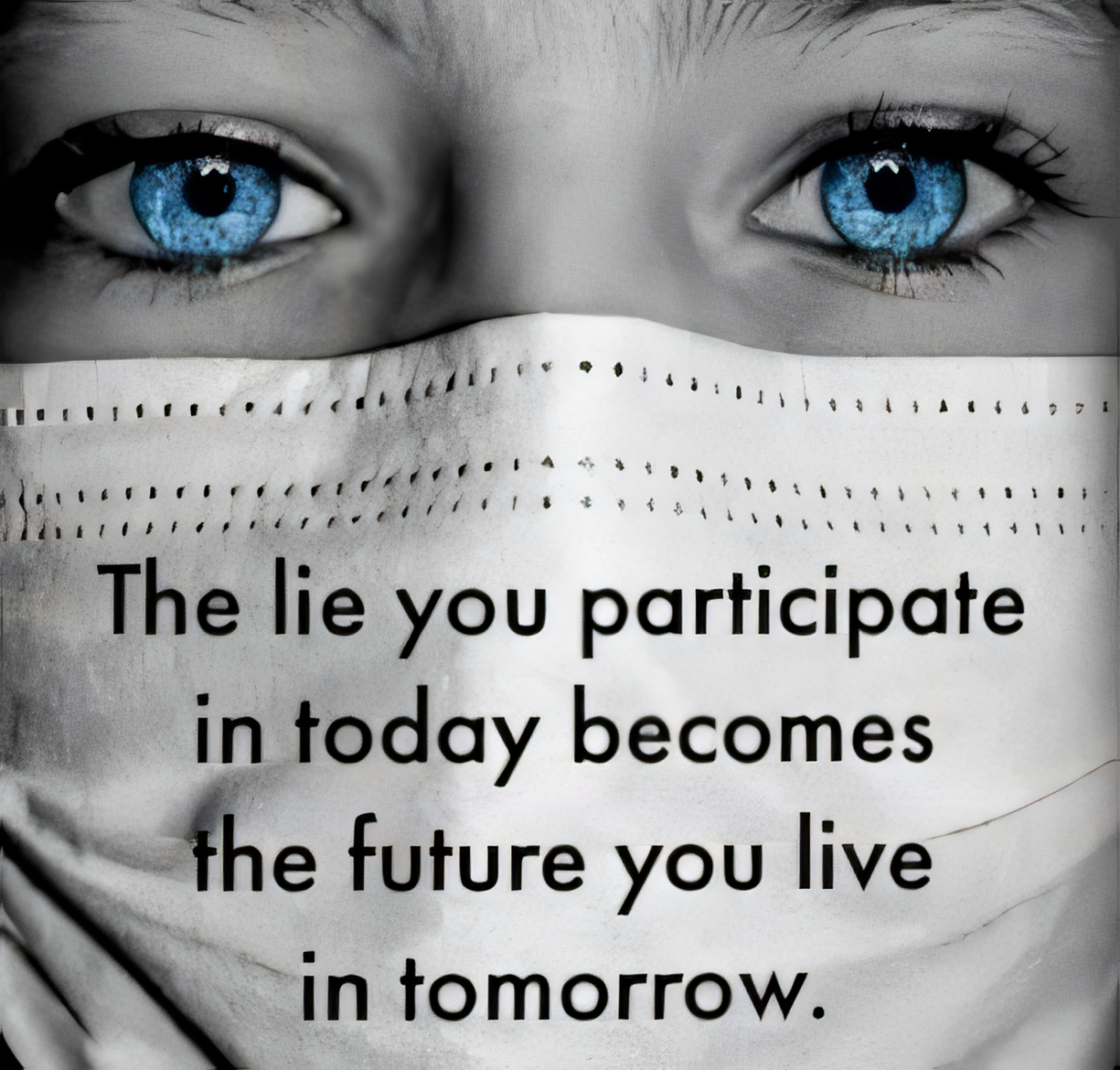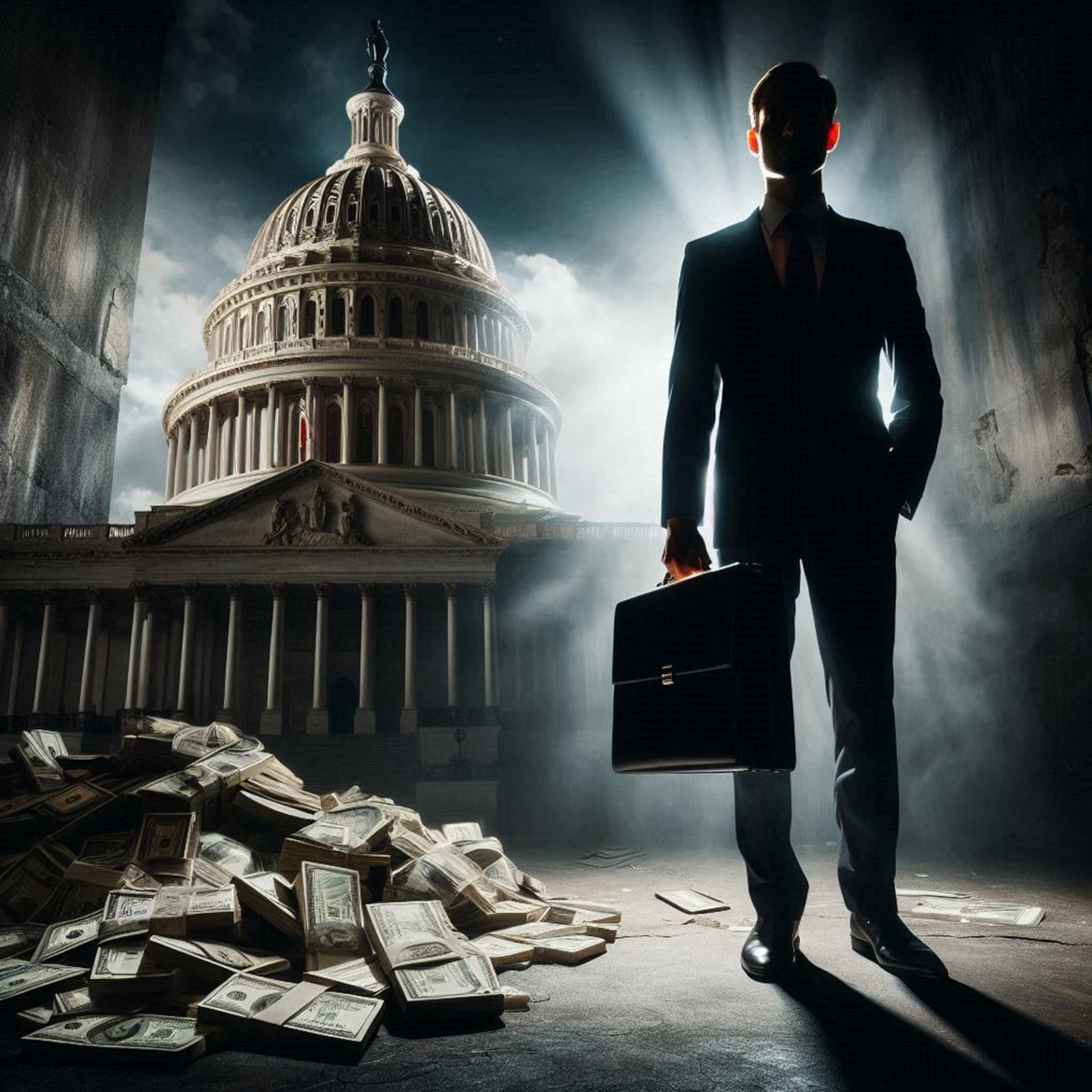The lie you participate in today becomes the future you live in tomorrow.
Pay-to-Play Politics: How Money Buys Influence in Government
Imagine a world where the rules of the game are rigged. Not by some shadowy figure in a dark room, but by something far more obvious: money. In the world of politics, money doesn’t just talk—it screams. It buys access, influence, and power. This isn’t a secret. It’s happening right in front of us, and it’s shaping the decisions that affect our lives every single day.
Let’s break it down. How does money buy influence in government? It’s not as complicated as you might think. It’s about lobbying, campaign donations, and political favors. These are the tools of the trade, and they’re used by corporations, special interest groups, and wealthy individuals to get what they want. The system is designed to reward those with deep pockets, and the rest of us are left to deal with the consequences.
The Lobbying Game: Access for Sale
Lobbying is often portrayed as a legitimate part of the political process. It’s how groups and individuals communicate their interests to lawmakers. But let’s be real: it’s also about buying access. When you have the money to hire a team of lobbyists, you get a seat at the table. You get meetings with lawmakers. You get your voice heard.
And it’s not just about having a voice. It’s about shaping the laws and regulations that govern our society. Lobbyists don’t just present their case—they often write the legislation themselves. They draft the bills, they suggest the amendments, and they push for the changes that benefit their clients. This isn’t just influence—it’s control.
Think about it: when was the last time you heard of a grassroots movement getting this kind of access? When did a group of ordinary citizens get to sit down with a senator and draft a bill? It doesn’t happen. Because in the world of lobbying, money is the key that opens the door.
Campaign Donations: The Price of Power
Then there are campaign donations. Politicians need money to run their campaigns. They need it for ads, for staff, for travel. And where does that money come from? It comes from donors. Big donors. Wealthy individuals, corporations, and special interest groups.
Now, you might think that these donations are just a way for people to support their favorite candidates. But it’s more than that. It’s an investment. When a corporation donates millions of dollars to a political campaign, they’re not doing it out of the goodness of their hearts. They’re doing it because they expect something in return.
And they get it. Politicians know who butters their bread. They know who funded their campaign, and they know who they need to keep happy if they want to stay in power. This isn’t speculation—it’s how the system works. Donors get access. They get influence. And they get results.
Political Favors: The Currency of Corruption
Finally, there are political favors. This is where the real deals are made. It’s not always out in the open, but it’s there. A corporation donates to a campaign, and in return, they get a tax break. A wealthy individual funds a politician’s reelection bid, and in return, they get a government contract. It’s a quid pro quo, and it’s happening all the time.
These favors aren’t always illegal. In fact, they’re often perfectly legal. That’s the problem. The system is set up to allow this kind of exchange. It’s built into the fabric of our political system. And it’s not just about money changing hands. It’s about power. It’s about who gets to make the decisions, and who gets left out in the cold.
The Consequences: A System That Works for the Few
So, what does all this mean for the rest of us? It means that our voices don’t matter as much as we think they do. It means that the laws and regulations that govern our lives are often shaped by those with the most money. It means that the system is rigged in favor of the wealthy and the powerful.
This isn’t just bad for democracy—it’s bad for all of us. When money buys influence, the needs of the many are sacrificed for the wants of the few. We end up with policies that benefit corporations at the expense of workers. We end up with tax breaks for the rich and cuts to social programs for the poor. We end up with a system that works for the few, not the many.
What Can We Do About It?
So, what can we do? The first step is to recognize the problem. We need to understand how money buys influence in government. We need to see the system for what it is: a pay-to-play game where the rules are written by those with the most money.
The next step is to demand change. We need to push for campaign finance reform. We need to limit the influence of lobbyists. We need to create a system where everyone has an equal voice, not just those with deep pockets.
This isn’t going to be easy. The people who benefit from the current system aren’t going to give up their power without a fight. But if we want a government that works for all of us, not just the wealthy and the powerful, we need to fight for it.
The Bottom Line
Money buys influence in government. It’s a simple fact, but it’s one that we can’t afford to ignore. The system is rigged, and it’s rigged in favor of those with the most money. But it doesn’t have to be this way. We can demand change. We can fight for a system that works for all of us, not just the few.
The question is: are we willing to do what it takes to make that happen? Are we willing to stand up and demand a government that represents us, not just the wealthy and the powerful? The choice is ours. But if we don’t act now, we may not get another chance.
Digital Deception: How Social Media Helps Corrupt Politicians Stay in Power
In today’s world, social media is everywhere. It’s how we connect, share, and get our news. But what if I told you it’s also one of the most powerful tools corrupt politicians use to stay in power? That’s right. Behind the memes, the viral videos, and the endless streams of posts, there’s a darker game being played. It’s a game of misinformation, fake support, and online manipulation. And it’s working better than ever.
Let’s break it down. How do they do it? And why should you care?
The Misinformation Machine
Misinformation is the fuel that keeps the engine running. Politicians, especially those in power, know that controlling the narrative is everything. Social media platforms like Facebook, Twitter, and Instagram are perfect for spreading half-truths and outright lies. Why? Because these platforms are designed to keep you scrolling. They reward sensationalism, not accuracy.
Here’s how it works: A politician or their team plants a story. Maybe it’s about a rival. Maybe it’s about a policy that sounds great but is actually terrible. The story gets picked up by bots—fake accounts programmed to share content. These bots make the story look popular, so real people start sharing it too. Before you know it, the story is everywhere. And once it’s out there, it’s hard to stop.
The goal? To confuse you. To make you doubt what’s real and what’s not. And when you’re confused, you’re easier to control.
Astroturfing: Fake Grassroots Support
Ever heard of astroturfing? It’s when politicians create the illusion of widespread public support for something. They make it look like regular people are rallying behind an idea, when in reality, it’s all staged.
Here’s an example: Let’s say a politician wants to pass a law that benefits big corporations. They know regular people won’t like it. So, they hire a PR firm to create fake social media accounts. These accounts post messages like, “This law will create jobs!” or “This is good for the economy!” They might even organize fake protests or rallies, complete with paid actors holding signs.
The result? It looks like there’s a groundswell of support. News outlets pick up the story, and suddenly, the law seems popular. But it’s all a lie. And social media makes it easy to pull off.
Online Manipulation: Playing with Your Emotions
Politicians know that emotions drive action. If they can make you angry, scared, or hopeful, they can control what you do. Social media is the perfect tool for this because it’s designed to trigger emotional responses.
Think about the last time you saw a post that made you furious. Maybe it was about taxes, healthcare, or crime. Chances are, that post was designed to make you feel that way. Politicians and their teams use data to figure out what issues will hit you hardest. Then, they craft messages that push those buttons.
They also use targeted ads to reach specific groups of people. For example, they might send one message to young voters and a completely different one to older voters. The goal is to divide us, to keep us fighting among ourselves so we don’t notice what they’re really doing.
The Role of the Democrats and the Uniparty
Now, let’s talk about who’s behind this. The Democrats and the so-called “Uniparty”—a term used to describe the establishment politicians from both major parties—are masters of this game. They’ve been using these tactics for years to stay in power.
Take the 2020 election, for example. Remember how certain stories dominated the news cycle? Stories about mail-in voting, election security, and so on. Many of these stories were pushed by Democratic operatives and their allies in the media. The goal was to shape public opinion and silence anyone who questioned the narrative.
And it’s not just the Democrats. The Uniparty—those establishment figures who care more about power than principles—are just as guilty. They work together behind the scenes to keep the system rigged in their favor. They don’t care about you. They care about staying in power.
What Can You Do?
So, what can you do about it? First, be skeptical. Don’t believe everything you see on social media. Fact-check stories before you share them. Look for multiple sources, and don’t rely on just one platform for your news.
Second, pay attention to who’s behind the messages. If a post or an ad seems too good to be true, it probably is. Ask yourself: Who benefits from this? What’s the real agenda here?
Finally, speak up. Share what you know with your friends and family. The more people are aware of these tactics, the harder it is for politicians to get away with them.
The Bigger Picture
This isn’t just about politics. It’s about freedom. When politicians use social media to manipulate us, they’re taking away our ability to think for ourselves. They’re turning us into pawns in their game.
But it doesn’t have to be this way. We have the power to fight back. By staying informed, questioning what we see, and holding our leaders accountable, we can take back control.
Remember, social media is a tool. It can be used for good or for evil. Right now, it’s being used to keep corrupt politicians in power. But if we wake up to what’s really going on, we can change that.
The choice is ours. Let’s make it count.
The Many Faces of Corruption: How Politicians Exploit the System
Corruption is like a hydra. Cut off one head, and two more grow in its place. It’s not just about shady backroom deals or envelopes stuffed with cash. Corruption wears many masks, and politicians have mastered the art of switching them on and off depending on who’s watching. Let’s break down the different ways those in power exploit the system—because understanding the game is the first step to beating it.
Bribery: The Classic Move
Bribery is the oldest trick in the book. It’s simple: money talks, and politicians listen. But it’s not always as obvious as a briefcase full of cash. Sometimes, it’s a “donation” to a campaign fund, a luxury vacation disguised as a “fact-finding mission,” or a lucrative job offer for a family member.
The problem with bribery is that it’s often hidden in plain sight. A corporation donates millions to a politician’s reelection campaign, and suddenly, laws favoring that corporation start popping up. Coincidence? Maybe. But when you see the same pattern over and over, it’s hard to believe it’s just luck.
Nepotism: Keeping It in the Family
Nepotism is the practice of favoring relatives or friends, especially by giving them jobs. It’s like a family business, except the business is running a country. Politicians often hand out high-paying, influential positions to their kids, spouses, or college buddies—regardless of whether they’re qualified.
This isn’t just about fairness. When unqualified people are put in positions of power, the whole system suffers. Policies get botched, resources are wasted, and public trust erodes. But for the politicians involved, it’s a win-win. They get to reward their inner circle while tightening their grip on power.
Embezzlement: Stealing from the People
Embezzlement is when someone in power steals money they’re supposed to be managing. Think of it as a politician dipping into the public treasury to fund their lavish lifestyle. It’s not just greedy—it’s betrayal.
This type of corruption is especially insidious because it often goes unnoticed for years. By the time anyone catches on, the money is long gone, and the politician has moved on to their next scheme. And even if they’re caught, the punishment is often a slap on the wrist. After all, who’s going to hold them accountable? The same system they’ve rigged in their favor?
Cronyism: The Buddy System
Cronyism is like nepotism, but instead of family, it’s about friends and allies. Politicians give contracts, grants, or other benefits to their pals, often at the expense of the public good.
For example, a politician might award a multi-million-dollar government contract to a company owned by a close friend—even if that company isn’t the best choice for the job. The friend gets rich, the politician gets a kickback, and the public gets stuck with a shoddy project. It’s a win-win for everyone except the people who actually matter: the citizens.
Patronage: Trading Favors for Loyalty
Patronage is all about trading favors. A politician does something nice for someone—like giving them a job or a contract—and in return, that person owes them a favor. It’s a way of building a network of loyal supporters who will do whatever it takes to keep the politician in power.
This might sound harmless, but it’s not. When decisions are based on loyalty instead of merit, the system breaks down. Unqualified people end up in important positions, and the public suffers. But for the politician, it’s a smart move. The more people who owe them favors, the harder it is to take them down.
Electoral Fraud: Rigging the Game
Electoral fraud is when politicians cheat to win elections. This can take many forms, from stuffing ballot boxes to manipulating voter rolls. In some cases, they might even use their power to suppress votes or intimidate opponents.
The goal is always the same: to stay in power at any cost. And once they’ve rigged the system, it’s almost impossible to get them out. After all, if they control the election process, how can they ever lose?
Lobbying: Legalized Bribery
Lobbying is often called “legalized bribery,” and for good reason. It’s the practice of influencing politicians by giving them money or other benefits. In theory, lobbying is supposed to be a way for ordinary citizens to have their voices heard. In practice, it’s a way for corporations and special interest groups to buy influence.
The problem is that politicians are more likely to listen to those who can afford to pay them. This means that the concerns of ordinary citizens often get ignored, while the demands of wealthy donors take center stage. It’s not democracy—it’s dollar-ocracy.
Regulatory Capture: Controlling the Watchdogs
Regulatory capture happens when the agencies meant to regulate industries end up being controlled by those very industries. It’s like putting the fox in charge of the hen house.
For example, a politician might appoint a former oil executive to head an environmental protection agency. Unsurprisingly, that agency starts making decisions that benefit the oil industry—often at the expense of the environment. The result? The public loses faith in the system, and the politicians get to keep their donors happy.
The Bigger Picture: A System Designed to Fail
When you look at all these forms of corruption together, a pattern emerges. The system isn’t broken—it’s designed this way. Politicians have created a web of loopholes, favors, and backroom deals that allow them to stay in power while keeping the public in the dark.
But here’s the thing: they can only get away with it if we let them. The more we understand how corruption works, the harder it becomes for them to hide. So, what can we do? Stay informed. Ask questions. Demand transparency. And most importantly, don’t let them convince you that this is just how things are.
Corruption thrives in the shadows. Shine a light on it, and it starts to wither. The power to change the system is in our hands—if we’re brave enough to use it.
How the Democrats Used Welfare to Intentionally Destroy Black Families
The story of welfare in America is not just about helping the poor. It’s about control. It’s about power. And it’s about the slow, deliberate dismantling of the Black family. What started as a well-meaning program to lift people out of poverty turned into something far darker. The Democrats, who championed these policies, created a system that didn’t just fail Black families—it actively worked against them. Let’s break it down.
The Birth of Welfare: A Trojan Horse
Welfare in America didn’t start with the Democrats. It began in the early 20th century as a way to support widows and orphans. But in the 1960s, under President Lyndon B. Johnson, welfare took on a new form. Johnson declared a “War on Poverty” and launched programs like Aid to Families with Dependent Children (AFDC). On the surface, it seemed like a noble effort. But the fine print told a different story.
AFDC had a critical flaw: it rewarded single-parent households. If a father was present in the home, the family often didn’t qualify for benefits. This created a perverse incentive. Men were pushed out of the household to ensure the family could receive financial support. The result? A skyrocketing number of single-parent homes in Black communities. In 1960, about 22% of Black children were born to single mothers. By the 1980s, that number had more than doubled. Coincidence? Hardly. This was a calculated move. By breaking up the family unit, the government gained more control over individuals. A fractured family is easier to manage, easier to manipulate, and easier to keep dependent.
The Cycle of Dependency
Welfare didn’t just encourage single-parent households—it trapped people in a cycle of dependency. The more people relied on government assistance, the harder it became to break free. Jobs were often out of reach because welfare benefits would be cut if someone earned too much. This created a “welfare cliff” where working didn’t make financial sense. Why work 40 hours a week when you could lose your healthcare, housing, and food assistance?
This system didn’t just keep people poor—it kept them powerless. Black families, who were already facing systemic racism and limited opportunities, were hit the hardest. The Democrats framed welfare as a safety net, but in reality, it was a trap. And once you were in, it was nearly impossible to get out. This dependency also had another effect: it guaranteed votes for the Democratic Party. When people rely on the government for survival, they’re less likely to vote against the party that provides those benefits. It’s a clever strategy, but one that comes at a devastating cost.
The Erosion of Community
Strong families build strong communities. But when families are broken, communities fall apart. Welfare policies didn’t just affect individual households—they eroded the social fabric of Black neighborhoods. With fewer fathers in the home, children lacked role models and guidance. Crime rates soared. Schools struggled. Poverty became entrenched.
The Democrats knew this would happen. They had to. The data was clear even back then. But instead of fixing the system, they doubled down. More programs. More benefits. More dependency. And with each new program, the government gained more control. It’s not about helping people—it’s about keeping them exactly where they are. And as long as they stay there, they’ll keep voting for the party that promises to keep the benefits flowing.
The Role of the Democrats
Let’s be clear: the Democrats didn’t create these policies out of malice. At least, not openly. They framed it as compassion. They said they were fighting for the poor, the marginalized, the oppressed. But the results tell a different story. The policies they pushed didn’t empower Black families—they dismantled them.
Why would they do this? Because a dependent population is easier to control. If you’re struggling to put food on the table, you’re not thinking about systemic change. You’re not organizing. You’re not fighting back. You’re just trying to survive. And that’s exactly what the Democrats wanted. A population too busy surviving to challenge the status quo. And as long as they keep voting Democrat, the cycle continues.
The Long-Term Impact
The effects of these policies are still felt today. Black families are more likely to live in poverty, more likely to be single-parent households, and more likely to rely on government assistance. The cycle of dependency continues, passed down from one generation to the next. And the Democrats? They’re still pushing the same policies, still framing them as progress.
But progress for whom? Not for Black families. Not for Black communities. The truth is, these policies have done more harm than good. They’ve created a system where people are trapped, where families are broken, and where communities are struggling to survive. And the Democrats? They’re still in control, still reaping the benefits of a loyal voting bloc.
What Can Be Done?
The first step is recognizing the problem. Welfare wasn’t designed to help Black families—it was designed to control them. Once we understand that, we can start to push for real change. We need policies that empower people, not trap them. We need programs that support families, not break them apart. And we need leaders who are willing to challenge the status quo, not perpetuate it.
It’s not going to be easy. The system is deeply entrenched, and there are powerful forces that want to keep it that way. But change is possible. It starts with awareness. It starts with education. And it starts with a willingness to confront the uncomfortable truth: the Democrats’ welfare policies didn’t just fail Black families—they destroyed them.
The Road Ahead
The road ahead is long, but it’s not impossible. We need to demand better from our leaders. We need to hold them accountable for the damage their policies have caused. And we need to fight for a system that truly supports families, rather than tearing them apart.
The Democrats may have created this mess, but it’s up to all of us to clean it up. It’s time to break the cycle of dependency. It’s time to rebuild our families and our communities. And it’s time to take back control from a government that has failed us for far too long.
The truth is hard to face, but it’s necessary. Only by understanding the past can we hope to change the future. And only by challenging the system can we hope to build something better. The choice is ours. What will we do with it?




